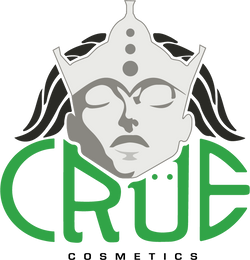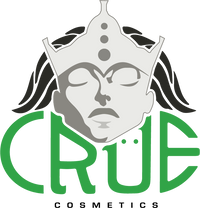
It is often said that Mother's Day should take place every day of the year! Maybe this is another Hallmark plot to get rich! Or maybe it's the fact that being a mother is a huge symbol of sacrifice for another human being. Mothers voluntarily dedicate their body, their mind, their time, their money, their career… All of these responsibilities can go to a woman's head, and I mean it literally ! What do you mean ? Postpartum hair loss, of course!
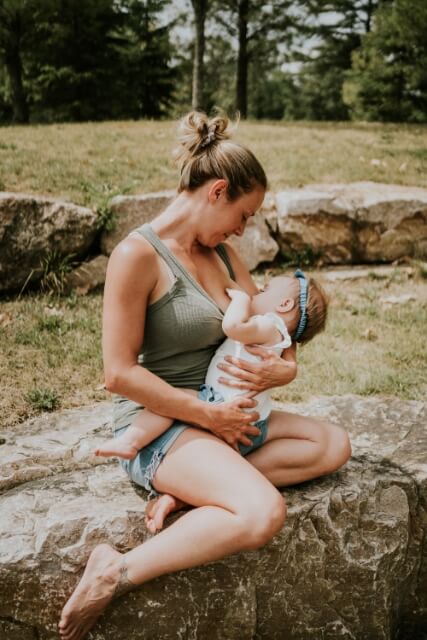
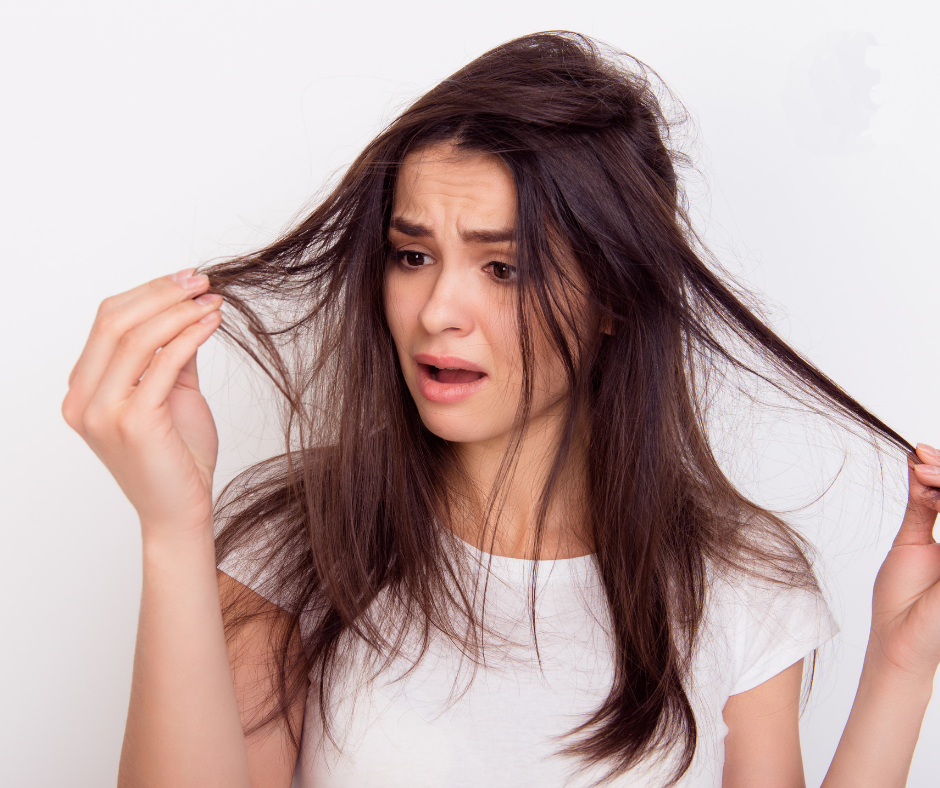
Postpartum hair loss affects 90% of women, which is quite amazing. Knowing that so many women are affected by this hair problem, I decided to write an article to shed light on the subject and offer some useful tips and solutions. Read on to find out more.
Postpartum hair loss, also called postpartum alopecia, is a phenomenon that occurs when a woman loses a large amount of hair after childbirth. This hair loss usually occurs between three and twelve months after the baby is born. Not all women suffer from this baldness, and some may suffer from it during one pregnancy, but not during another.
Hormones are the main cause. During pregnancy, a woman's estrogen and progesterone levels skyrocket. This has the effect of prolonging the hair growth phase (anagen) for months. When a woman gives birth and her hormones slowly return to a normal state, the hair suddenly comes out of the growth phase and begins to fall out. Normally, a woman can lose between 80 and 100 hairs per day. During the postpartum period, a woman can easily lose up to 400 hairs a day and it can last for weeks or even months.
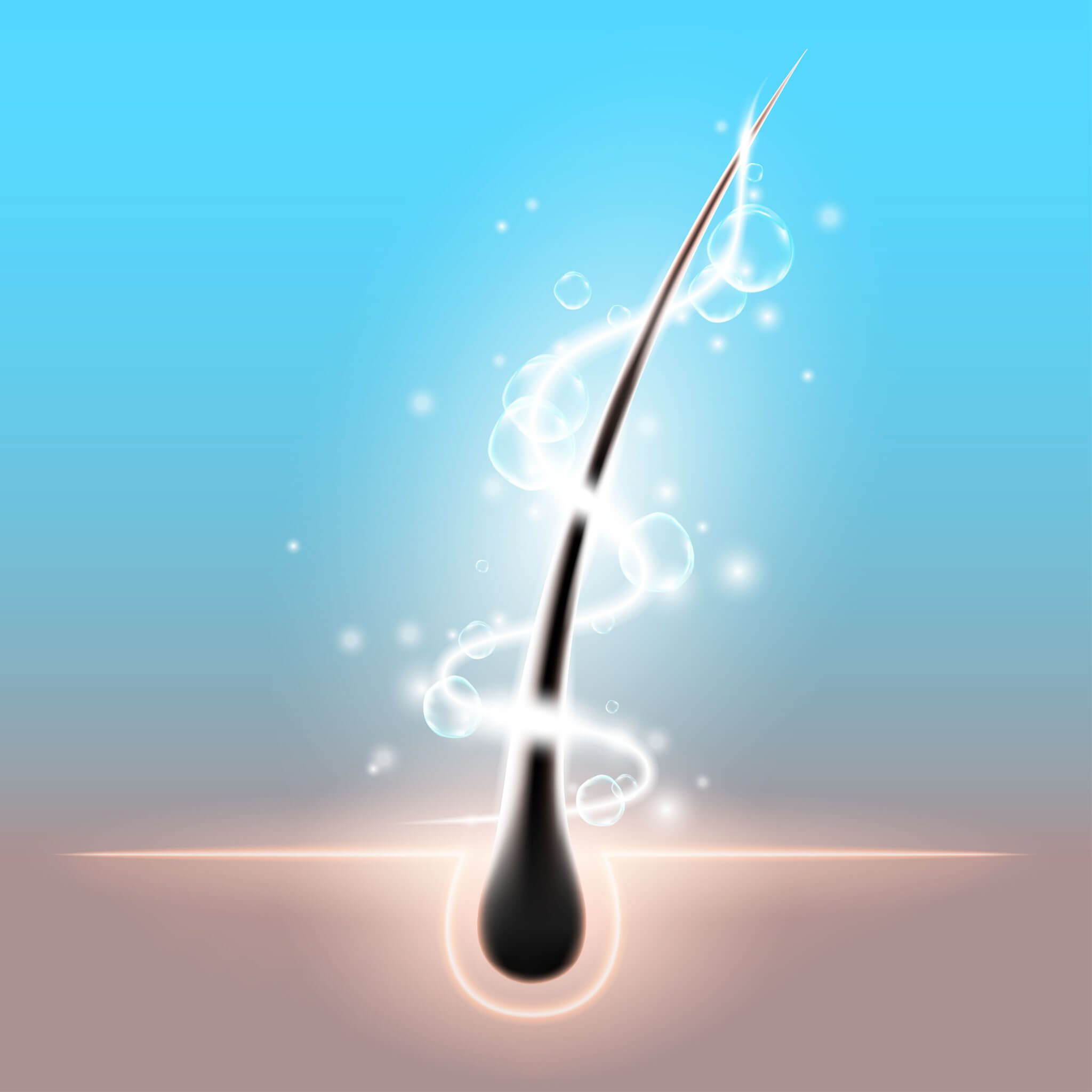
The answer is yes ! Hair loss and thinning after pregnancy is normal and some women even lose patches of hair. The most common area of severe hair loss is around the hairline. It is also the most exposed and fragile hair on our head. That said, if your hair loss isn't slowing down and it's been going on for more than six months, it may be abnormal. It would be in your best interest to seek the advice of your family doctor. Additionally, hair loss can also be a symptom of other impairments and should not be ignored.

- Start with a good haircut. You can cut a few inches before the hair loss starts or have it cut in layers to give your hair a fuller look. You can also have the bangs trimmed to strategically hide a sparse hairline if needed.
- Anything you can do to minimize the stress would be great. Caring for a newborn is a very stressful (and very important) time in a woman's life, and the added stress can exacerbate postpartum hair loss. Try running a hot bath, or at least getting some sleep, and it can help reduce your stress levels.
- Scalp massages with castor oil thicken your hair and stimulate its growth. We offer a powerful castor oil based growth serum that is safe for moms and perfect for treating bald spots and stagnant hair growth.
- Weekly hair masks are a luxury most new moms can't find the time to afford, but what a difference it can make to your hair ! Our Angëlia Organic Hair Mask can be left in your hair for several days, until you're ready to shampoo .
- Change shampoo and conditioner. Women often find that hair products thatonce worked wonders no longer work the same after giving birth. Hormonal changes can affect your hair texture. It would therefore be a good idea to try new shampoos and conditioners and I very strongly recommend that you read the labels and avoid harsh chemicals. These areabsorbed by your body and eventually end up in your breast milk. This article will help you determine which ingredients to avoid.
I've never met a woman who regrets having children because of postpartum hair loss and, frankly, there's nothing to be embarrassed about. The purpose of this article was to provide useful information and tips for newmoms . If you lose your hair after childbirth, remember that you are not alone, that you are beautiful and everything will grow back!
